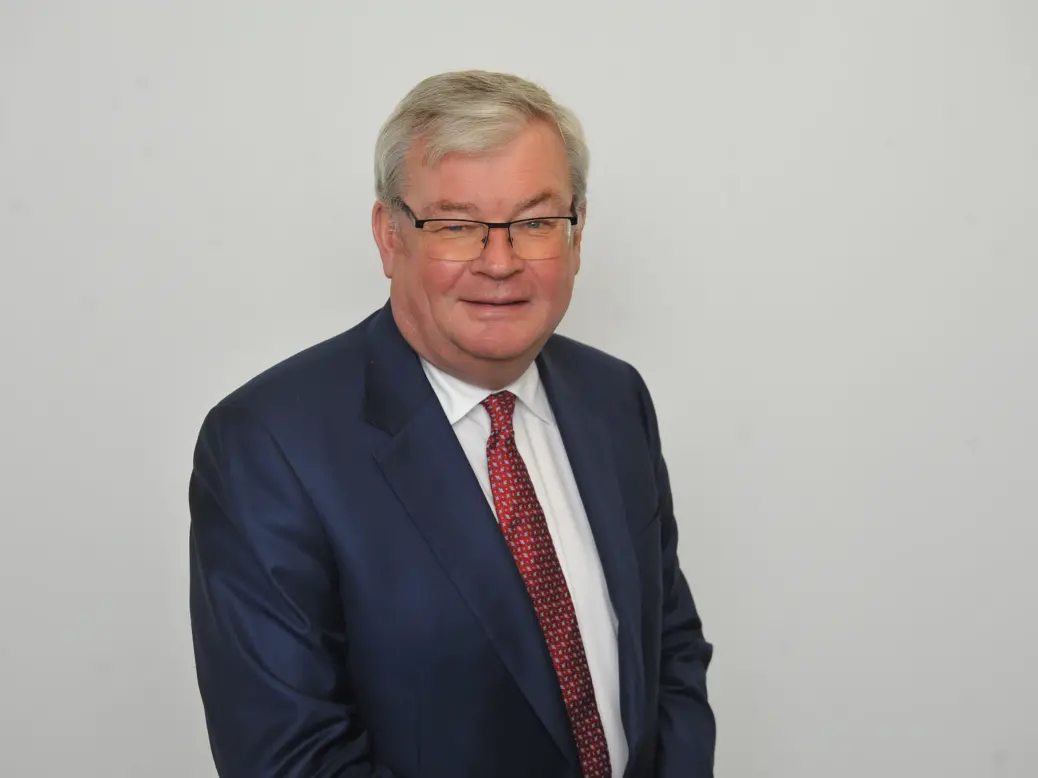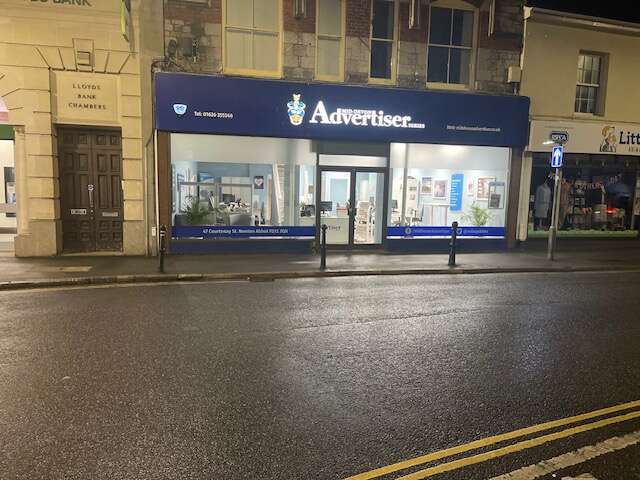
News Media Association chairman Danny Cammiade believes legislation will come this year in the UK which could enable Australia-style deals between publishers and big tech.
In Australia and Canada the threat of legislation has forced Google and others to hand over licensing fees worth more than £100m a year to publishers in each territory. In the larger UK publishing economy, such deals could be worth much more.
It is a drop in the ocean compared to the more than £15bn Google and Facebook alone make from UK advertising, compared to around £1bn in advertising revenue for combined national and regional news brands. But such a deal would provide a badly needed shot in the arm for the industry.
Cammiade says: “There’s a lot of positives to say about the sector but it would be wrong to say it’s not a challenging sector. Mainly for me that challenge is the level playing field with the tech companies and the BBC.”
He adds: “The tech giants control both the infrastructure and the retail. The playing field is not level but it’s moving positively so that there will be clear legislation that means that copyright in paying for you the use of other people’s work is clarified.
“The devil is in the detail and it’s important that all publishers get a reasonable share.”
He said the new ‘level playing field’ needs to be based around “recognising the authoritative source, and paying for it in a simple and clear way”.
Does he think the Digital Markets , Competition and Consumers Bill will get over the line this year and deliver change for the news industry?
“Yes, and I think you can credit previous chairs for making it a priority, following what’s happening around the world, pushing up the agenda, changing the NMA to be a very strong lobbying group, rather than a members’ group.”
The Bill proposes to target tech giants such as Meta, Alphabet, Apple and Amazon which “exert significant control over digital markets”. It gives the UK government power to fine them up to 10% of global turnover if they unfairly exploit their dominant status. The law could lead to licensing payments to publishers for use of their content and greater transparency around algorithm changes which impact referral traffic.
Only acceptable outcome is for BBC to stop local news expansion
As far as the future of local news goes, Cammiade remains equally worried about the actions of the BBC, which was last year cut 139 local radio jobs and hired 131 more staff to work on its local news websites.
He said that by duplicating the work of existing local newspaper websites, the BBC is undermining them.
“I don’t really understand the logic. It makes your content less unique because there are only so many stories in local markets.
“Publishers are having to make a commercial success of it, the BBC are using taxpayers’ money to do it. The NMA needs to keep that as a high priority and make the government aware and BBC executives aware. The only acceptable outcome is for them to withdraw.”
The BBC disputes claims that it harms local commercial publishers. Its director of BBC Nations wrote in December that “there is no evidence the BBC ‘crowds out’ local competition through its online activity” and that regulator Ofcom had “concluded that our plans to strengthen BBC local news provision across 43 areas in England are unlikely to impact more than 0.5-1% of existing local media revenues”.
Cammiade said government advertising also needs to play a role in supporting the news industry through its transition to a more sustainable digital future.
“When you then get underneath the bonnet, you find that the amount of money that the government spends with the tech giants is disproportionate to what it spends with regional or national publishers. So that balance needs needs addressing.”
The UK regional news industry is dominated by three companies: Newsquest, Reach and National World. Over the years these companies and their predecessors, including Cammiade’s former employer Johnston Press, have been accused of pursuing high profit margins at the expense of editorial quality and so hastening the industry’s decline.
Cammiade began life as local newspaper sales rep for TR Beckett in East Sussex in 1978 and rose through the ranks when it was taken over by Johnston Press, finishing up as chief operating officer.
He oversaw a huge debt-fuelled expansion of Johnston and then had to help deal with the fallout after the financial crash of 2009, eventually stepping down after 20 years with the company in 2013.
Are these companies the best custodians of the industry given their track records?
“I think anybody that says they don’t make a mistake in their careers, I wouldn’t believe it. But consolidation of the industry generally, is a good thing. Because scale should bring with it investment.”
Tindle Newspapers plans to open town centre offices for every title

Cammiade has been chief executive of Tindle Newspapers since 2018. After a period of post-Covid contraction Tindle now has a portfolio of 23 local newspapers ranging from the Abergavenny Chronicle to the Woking News and Mail.
Following the death of the group’s founder Sir Ray Tindle in 2022, it is owned by his son Owen and also includes four local radio stations and a property portfolio.
Cammiade says: “We have a beneficial owner who wants to sustain local journalism at a very local level. But he also wants to make money, because you’ve got to make money in order to do that.
“For me it is back to the future. We have been opening High Street offices, putting more journalists on the ground, investing in apprenticeships and quietly reinventing it as a business for people who care about, belong to, participate and support the towns and communities that we serve. That’s where I started.”
He said the print readers are being replaced by growing “growing digital audiences and better sales propositions” so that the regional news side of Tindle is improving its performance.
From Newton Abbott in Devon to Ross on Wye in Herefordshire, Tindle offices have returned to High Street where shoppers can see journalists at work, buy a newspaper or advert or drop in with a story tip.
“We have a rolling plan to do that in every town. We’re putting journalists right back into the heart of what we do. The benefit both to us and the community is evident. People write in and say, it’s really great that you’re back in the towns with great we can see the people.”
Research by Press Gazette suggests the regional press big three companies employ 6,000 fewer journalists today than they did in 2007, with revenue now about a quarter of the £2.4bn achieved in that year.
Regional press decline can be reversed
Does Cammiade see any signs that the regional press decline can be halted and even reversed?
“I sit on the board of National World and I think the strategy for companies like this to attract relevant content and monetise audiences across multiple platforms will sustain their future.
“But to help that you’ve to find a way of creating a level playing field with the tech people and the BBC and the government needs to recognise that transition support is needed, through a better spread of their advertising revenue.”
Email pged@pressgazette.co.uk to point out mistakes, provide story tips or send in a letter for publication on our "Letters Page" blog
